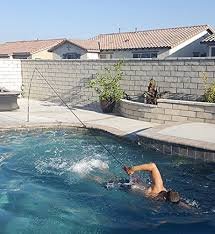Anything your doctor says trumps anything I say.d
Using this as my starting point as what I type here relates to my personal involvement with Pre-diabetes, I am 81 years old, realized pre-diabetes three years ago. I lost weight, exercise, take Metformin. While the blood level test improved down to around 140 it was still high. My blood pressure was high as well, enough the doctor placed my on a BP medication. On top of this, my arthritis in the shoulders became an issue with finding a position that didn't hurt enough to sleep. Shots worked for a short while. At a point the shoulders were intolerable, my son suggested trying CBD. (
https://duckduckgo.com/?q=cbd+and+diabetes+type+2&t=h_&ia=web ) (pick and choose any article)
He knew I am a very conservative sort and that suggestion the use of any part of the marijuana family was a risk of our relationship! He explained that it is NOT marijuana, but hemp. Same family different grow.
Okay, so after finding the correct dose after some experiment, I am able to report that my diabetes blood level runs between 90 and 125. My BP is around 130/65 and I have absolutely no further shoulder pain from the arthritis. I sleep like a log, no stress factor that I am aware of.
My wife has Parkenson's and has had for a recognized full year. She is on her meds but she experienced tremors, nightmares, trouble sleeping and loss of balance. She started CBD and her tremors have stopped during the CBD being active (4-8 hours) she has stopped nightmares, and sleeps like a log.
Too, with Parkinson's there is mental stress, which she demonstrates none. Her Neurologist, on her last visit noted her tremors not being present and we explained the CBD use. He suggested we double the dose to see what other improvements develop or stop. To date, almost a year later, her status remains as I described, which in someways is positive as any decline is not detected.
I say all of this as CBD is really misunderstood. At some point in the future, it will be recognized much as a medical wonder, like penicillin (I would hope)
For what it is worth, I too recommend open conversation with your medical team before you venture into any CBD use.
PS, there is no side effects and no known conflict with normal prescribed medications.
PPSS: CBD is legal in all 50 States and now in Canada


